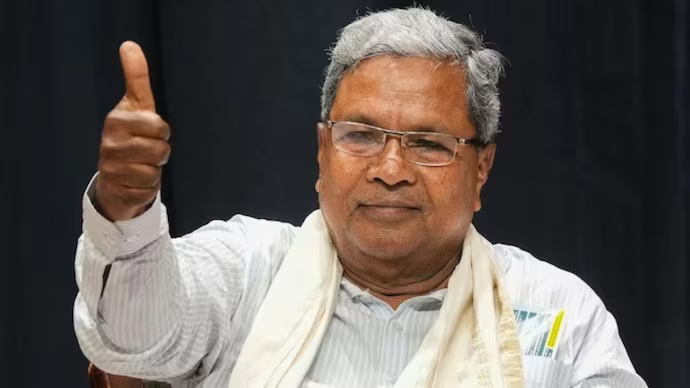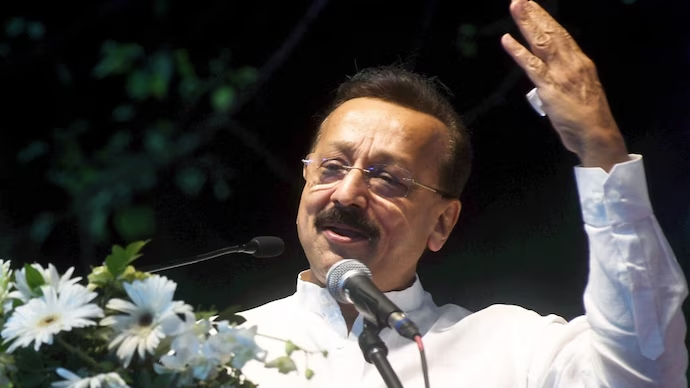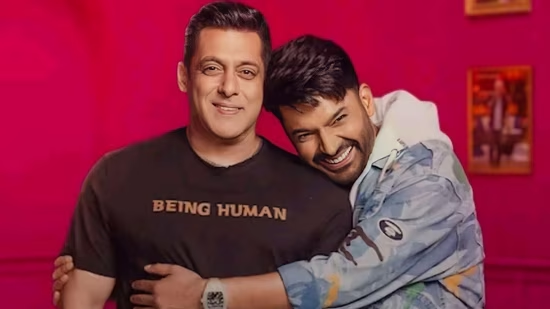As the 2024 U.S. Presidential Election approaches, India faces a strategic dilemma in choosing between Donald Trump and Kamala Harris. The decision is far from straightforward, with both candidates offering distinct advantages and challenges for India’s foreign policy. India’s External Affairs Minister, S. Jaishankar, has expressed confidence in India’s ability to work with any U.S. president, but the reality is more complex. This article explores the potential impact of each candidate on India’s national interests, diplomatic relations, and long-term goals.
Trump’s Appeal: Ideological Alignment and Established Rapport
Donald Trump’s first term as U.S. President saw the development of a strong rapport between him and Indian Prime Minister Narendra Modi. This relationship was highlighted by significant events such as the “Howdy, Modi!” rally in the U.S. and the “Namaste Trump” event in India. These events symbolized the close ties between the two leaders, which many in India’s political circles believe could be rekindled if Trump were to return to power.
Shared Ideologies and Conservative Values
The Bharatiya Janata Party (BJP), led by Modi, and Trump share a conservative ideology that emphasizes tradition, nationalism, and patriotism. This alignment was evident at the recent National Conservatism conference in Washington, D.C., where Hindu nationalist intellectuals echoed themes that resonate strongly with Trump’s political rhetoric. This shared ideological ground creates a sense of comfort between the Indian establishment and Trump, making him a seemingly natural ally.
Strong Leadership and Transactional Diplomacy
Trump’s admiration for “strong” leaders and his decisive approach to governance align well with Modi’s leadership style. While Modi has remained diplomatically neutral in expressing preferences for foreign leaders, his government’s past experiences with Trump suggest a potential readiness to resume where they left off. Trump’s transactional approach to foreign policy, which prioritizes national interests over broader ideals like democracy and human rights, also finds resonance in certain aspects of India’s diplomatic strategies, particularly in its dealings with countries like Russia.
Geopolitical Considerations: The Russia-Ukraine Conflict
One of the critical geopolitical considerations for India is the ongoing conflict between Russia and Ukraine. Modi’s government has maintained a delicate balance in its relations with Russia, a long-standing ally, and the West. However, Modi’s recent visit to Russia and his public embrace of Vladimir Putin have raised eyebrows in Washington, particularly under the Biden administration.
Trump’s Potential Impact on U.S.-Russia Relations
Trump’s approach to the Russia-Ukraine conflict could significantly influence India’s strategic calculations. While Trump has not outlined a detailed plan for resolving the war, he has repeatedly claimed that he could end the conflict swiftly if re-elected. A potential easing of Western pressure on Russia under a second Trump term could benefit India by preventing Russia from drawing too close to China, a scenario that New Delhi is keen to avoid. Additionally, it could reduce friction between India and the West, allowing India to navigate its geopolitical challenges with greater ease.
Economic Implications: Trump’s Trade Policies and India’s Growth
India’s aspirations to become a developed nation by 2047, the centenary of its independence, hinge on sustained economic growth and transformation. This ambitious goal requires a stable global economic order, underpinned by a reformed yet capitalist system. Trump’s economic policies, however, pose a potential risk to this vision.
Trade Protectionism and Global Economic Disruptions
During his first term, Trump’s protectionist trade policies and his aggressive stance towards China created significant disruptions in global trade. While India could benefit from any measures Trump takes to level the playing field in U.S.-China trade relations, there are concerns that his broader economic agenda could undermine the capitalist system that India relies on for its growth. If Trump were to weaken global trade norms and reduce America’s commitment to balancing China’s influence in Asia, it could embolden China in India’s immediate and extended neighborhoods, complicating India’s strategic objectives.
Kamala Harris: Continuity and Uncertainty in U.S. Foreign Policy
On the other hand, Kamala Harris, currently seen as a frontrunner in the polls, presents a different set of considerations for India. Harris’s Indian heritage—her mother hails from Chennai—has been noted, but her political stance as a progressive has raised some eyebrows in New Delhi. The Indian establishment tends to view progressives with caution, given their emphasis on human rights and social justice, areas where India has faced international scrutiny.
Continuity in U.S. Foreign Policy
Harris’s acceptance speech at the Democratic National Convention indicated a commitment to continuing the foreign policy trajectory set by the Biden administration. She spoke of America’s “global leadership” and framed international relations as a struggle between democracy and tyranny. However, the specifics of her policy towards India remain unclear, as her campaign has provided few concrete details on this front.
Stability and Predictability
Despite this ambiguity, Harris’s potential presidency could offer India a sense of continuity in U.S. foreign policy, which might be preferable to the unpredictability of another Trump term. The Biden administration’s approach to global issues, including its emphasis on multilateralism and alliances, aligns with India’s preference for a stable and predictable international order. Harris is likely to continue this approach, ensuring that the macro patterns of American foreign policy remain intact.
Strategic Calculations: Balancing Continuity and Change
India faces a complex decision in considering its preferences for the next U.S. president. Trump’s familiarity, ideological alignment, and past rapport with the Modi government make him a tempting choice. However, his unpredictable foreign policy and potential retreat from global leadership pose significant risks to India’s long-term strategic interests.
On the other hand, Kamala Harris, while less predictable in terms of her specific policies towards India, offers the promise of continuity and stability in U.S. foreign policy. For a country like India, which seeks to navigate a rapidly changing global order while pursuing its ambitious development goals, this continuity might prove to be the more secure option.
As the 2024 U.S. presidential election approaches, India’s diplomatic establishment will need to carefully weigh these factors. The decision is not just about choosing between Trump and Harris, but about charting a course that best serves India’s national interests in an increasingly uncertain world.
Conclusion
In conclusion, India’s strategic interests hinge on the outcome of the 2024 U.S. Presidential Election. The choice between Donald Trump and Kamala Harris presents distinct paths for India’s foreign policy, economic goals, and geopolitical positioning. As India continues its rise on the global stage, the importance of a carefully calibrated approach to U.S. relations cannot be overstated. Whether it is the continuity and stability offered by Harris or the familiarity and ideological alignment with Trump, India’s decision will have far-reaching implications for its future.

































